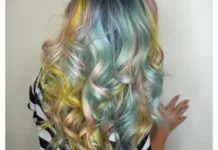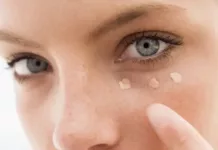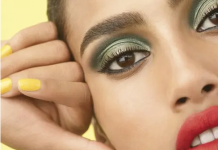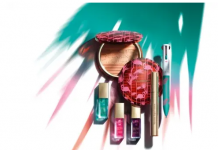Did you know that 69% of women report having sensitive skin (Study Misery, CHU Brest France)? Suppose in a minority of cases; these are people who naturally have intolerant skin in the medical sense of the term, most of the time. In that case, it is an occasional sensitivity or one acquired over the years. Many external elements can weaken the skin from time to time: unsuitable beauty products and gestures, seasonal climatic variations, hormonal fluctuations, stress, ultraviolet rays, and pollution. Why then is skin, or does it become sensitive? Because of its hydrolipidic film, this precious invisible film that protects its surface has weakened and has become porous like a blotter. As a result, the skin, too porous, no longer know how to defend itself and becomes reactive. A phenomenon is fortunately reversible by modifying its habits of care.
We change makeup remover.
We avoid the combination of soap, which is too harsh, and tap water, which is too calcareous, in favor of cleansing milk or oil rinsed with mineral water. Also to be temporarily avoided: so-called “no-rinse” products, such as micellar waters, as they tend to dry out the epidermis.
We space out the scrubs.
As long as the skin has not regained a minimum of comfort. We will replace the usual exfoliant with a gentle vegetable formula without grain or fruit acids when she is better. Or by a “homemade” recipe made from oat bran, white clay, mixed with a bit of yogurt, for example. In any case, do not repeat the operation more than once a month and avoid rubbing to avoid redness.
We become minimalist
The fewer ingredients in a cream, the lower the risk of skin intolerance. This is good because more and more brands indicate the number, name, and exact function of the active ingredients present in the formula. Good too, multifunction products can remove makeup, moisturize, and even act as a moisturizing mask. An economic procedure, moreover.




























